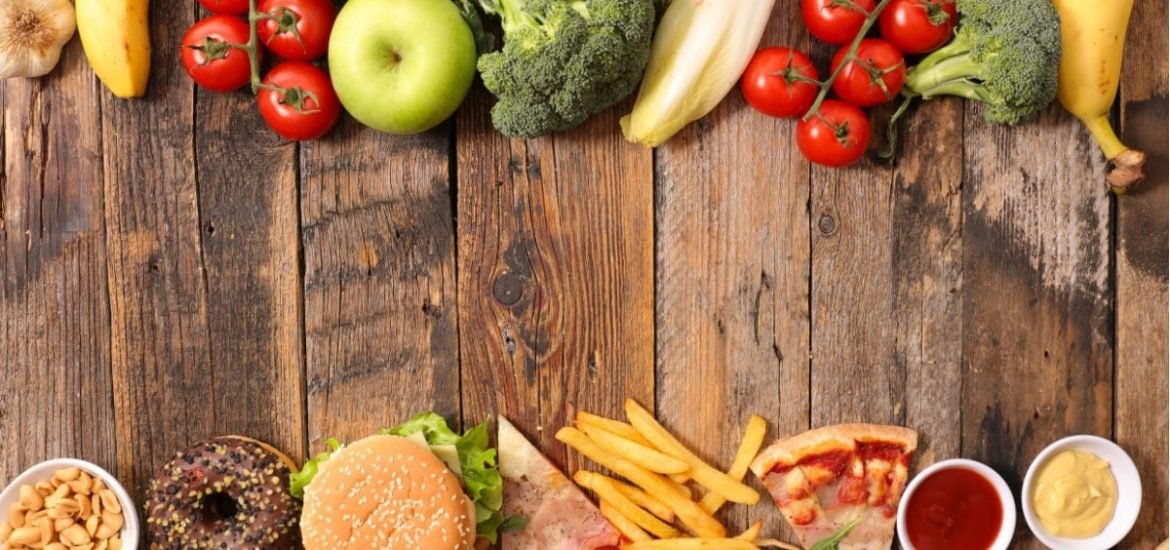
According to a new study published on 16 May in Cell Metabolism, people who ate ultra-processed foods consumed more calories than those on a minimally-processed diet – even though the foods contained the same number of macronutrients and calories (1).
Based on the NOVA classification system, foods are considered “ultra-processed” if they have ingredients predominantly found in industrial food manufacturing, such as hydrogenated oils, high-fructose corn syrup, flavouring agents, and emulsifiers. These ultra-processed foods or so-called hyper-palatable foods appeal to the reward centre of the brain and promote overconsumption, particularly because they are “available anytime anywhere”.
Previous studies showed that heavily processed foods contribute to poor health and a considerably shortened lifespan. Moreover, processed foods often contain fewer nutrients than unprocessed foods and larger quantities of sugar, salt, saturated fat, and food additives – all of which are associated with an increased risk for chronic diseases and even cancer.
To assess the influence of a heavily processed diet on body weight, the researchers from the National Institute of Diabetes and Digestive and Kidney Diseases in the US performed a randomised controlled trial, the first to study the link between ultra-processed foods, overconsumption, and weight gain, according to the authors.
They provided 20 healthy adult participants — 10 men and 10 women — with either ultra-processed meals for two weeks and then minimally processed meals for two weeks, or vice versa. All of the meals contained the same amounts of calories, sugars, fibre, fat, and carbohydrates. But the volunteers were told to eat as much or as little as they wanted. As an example, an ultra-processed breakfast could be a bagel with cream cheese whereas the minimally processed alternative was perhaps oatmeal with bananas, walnuts, and milk.
The researchers discovered that participants tended to eat around 500 calories more when they were fed the ultra-processed diet. In addition, they seemed to eat much faster and gained more weight – on average, 0.9 kilograms. On the other hand, participants lost weight on the minimally processed diet. The authors are still uncertain what aspect of the processed diet causes this marked increase in calorie consumption.
Although the study was relatively small-scale, the findings clearly point to the risks of consuming a heavily processed diet – over time, the calories can add up, eventually leading to obesity and other serious health conditions.
While the study highlights the benefits of eating unprocessed foods, unfortunately, ultra-processed foods are often more convenient and more affordable. That may be partly why lower income is associated with a higher risk of obesity.
Furthermore, lead author Dr Kevin Hall says, “Just telling people to eat healthier may not be effective for some people without improved access to healthy foods”. More work is needed to help people identify foods that are both nutritious and accessible.
Fortunately, initiatives like the United Nation’s Decade of Nutrition (2016–2025) — in support of the UN Sustainable Development Goals — are driving increased public awareness of which foods contribute to health and well-being and which are unhealthy.
(1) Hall, K.D. et al. Ultra-Processed Diets Cause Excess Calorie Intake and Weight Gain: An Inpatient Randomized Controlled Trial of Ad Libitum Food Intake. Cell Metabolism (2019). DOI: 10.1016/j.cmet.2019.05.008